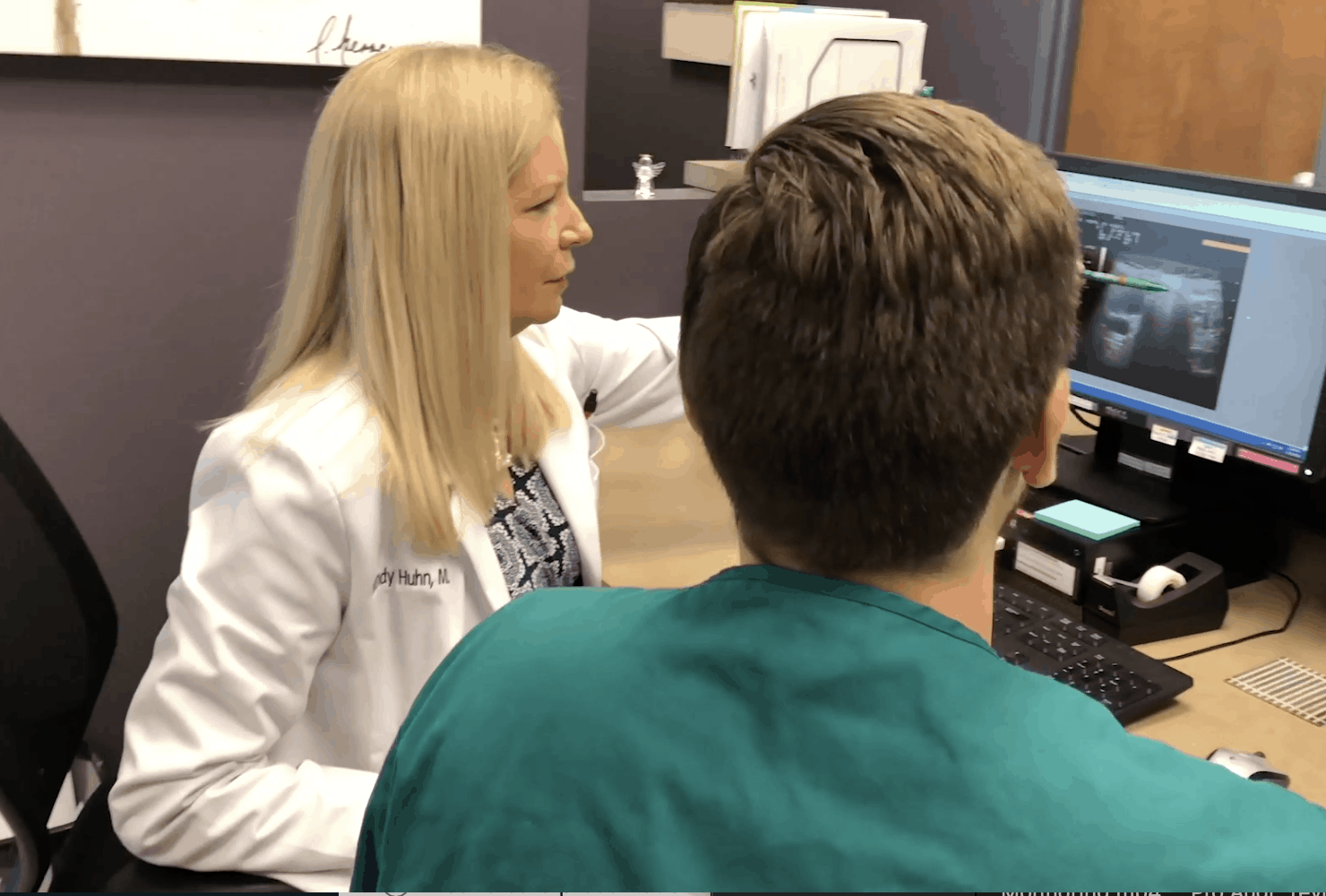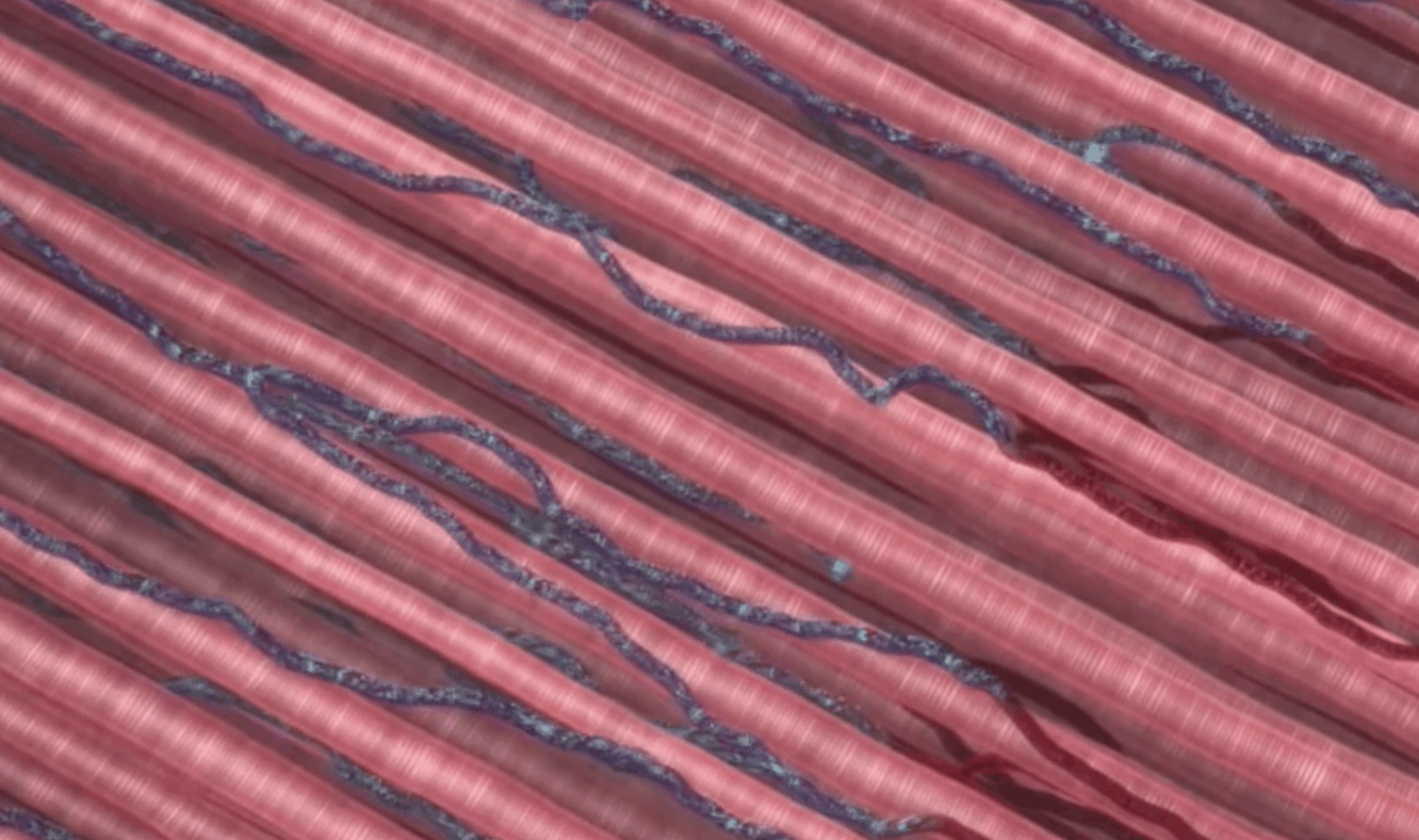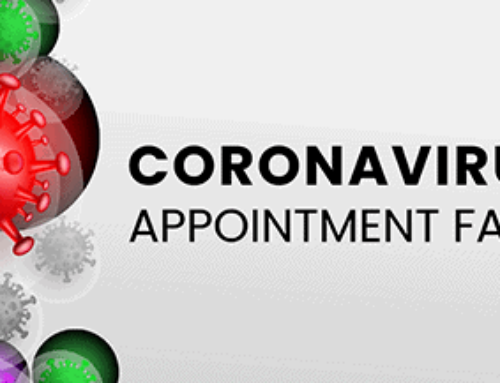- How many people have diabetes?
- Are there different types of diabetes?
- What causes diabetes?
- What are the early signs of diabetes?
- Can I prevent or control diabetes?
Wendy C. Huhn, M.D., F.A.C.E., board-certified endocrinologist at the Diabetes and Endocrine Center of Orlando says, “Think of diabetes as a condition in which the body is not getting or using insulin properly.â€Â  Â
When you consume carbohydrates, the body breaks them into sugar or glucose. This triggers the release of the hormone insulin. Insulin is made by the pancreas and helps the body transfer the glucose from food into energy fuel that your body can use. When your body doesn’t make enough insulin or doesn’t use it properly, diabetes can occur.
Dr. Huhn says, “We think of insulin like a key. A key that can open up doors to the tissues of the body and allow those tissues to open up and accept glucose or sugar.â€Â
How Many People Have Diabetes?
The Centers for Disease Control and Prevention (CDC) reports that one in 10 Americans, or 34.2 million people, have diabetes. Another 88 million, or one in three adults, have pre-diabetes. Type 1 diabetes can occur at any age no matter your race, shape, or size.Â
The American Diabetes Association (ADA) says, “There is no shame in having it, and you have a community of people ready to support you.â€
Are There Different Types of Diabetes?
 Diabetes mellitus is the term for a group of illnesses that cause an elevation of blood sugar in the body. There are several variations on this very common disease, including:Â
Diabetes mellitus is the term for a group of illnesses that cause an elevation of blood sugar in the body. There are several variations on this very common disease, including:Â
- Type 1 diabetes occurs when the body doesn’t make insulin and the immune system attacks the pancreas
- Type 2 diabetes is when your body doesn’t use insulin wellÂ
- Gestational diabetes occurs in some women when they are pregnant
- Monogenic diabetes is an inherited form of the disease
- Cystic fibrosis-related diabetes is a side effect of the primary illness, cystic fibrosis
Dr. Huhn points out that glucose conversion, “is used for energy and metabolism and fuel for our bodies.†A disruption in insulin production means that the glucose in the blood stays there and cannot enter into your body’s tissues. This can cause a host of problems.Â
The two most common types of diabetes mellitus are type 1 and type 2. Type 1 diabetics are often born with the disease. Patients with this disorder usually must take insulin every day to survive. Anyone can develop type 2 diabetes at any point in life. What causes the non-inherited forms of the disease and can you prevent it?
What Causes Diabetes?
Dr. Huhn says, “When the body doesn’t produce the right amount of insulin, glucose can build up in the blood.â€Â
What are the triggers that cause the body to disrupt insulin production? For type 1 diabetics, which is the inherited form of the disease, the answer is that we don’t know yet. Healthline says, “There’s no current cure or any known prevention,†for type 1 diabetes, which is an autoimmune disorder that causes the person’s pancreas to stop or never produce insulin.Â
The risk of developing type 2 diabetes later in life increases as you age. If you experienced gestational diabetes or pre-diabetes earlier in life you are at higher risk of developing type 2 diabetes later on. People who are overweight or with a family history of the disease appear to be more susceptible.Â
While there is nothing anyone can do to prevent type 1 diabetes, you can help prevent developing type 2 diabetes by eating healthy, exercising, and focusing on controlling your weight.
What Are the Early Signs of Diabetes?
Type 1 and Type 2 diabetes can have some of the same warning signs:Â
- Blurred vision
- Cuts or sores that heal slowly
- Darkening skin on the neck, armpits or groin
- Dry mouth and itchy skin from dehydration due to excessive urination
- Fatigue and hunger are common when the sugar from food can’t convert into energy
- Frequent urination and thirst are typical symptoms
- Nausea and vomiting
- Numbness or pain in your feet or legs
- Weight loss or gain
- Yeast infections between the fingers and toes or other body areasÂ
If you are experiencing any of these symptoms, it’s important to call your care provider immediately for a checkup.Â
Insulin production affects an entire interconnected web of bodily functions so if diabetes is left untreated it can cause serious illness that can damage the organs and blood vessels. Untreated diabetes can increase the risk of developing:
- Eye disease
- Heart disease
- Kidney disease
- Nerve damage
- Stroke
The good news is that diabetes in some cases may be preventable and in almost all cases, the disease can be treated by your doctor.
Can I Prevent or Control Diabetes?Â
 When we talk about type 1 diabetes, we should discuss how to control the disease. Type 1 diabetes is often called childhood diabetes because the initial onset occurs early in life. Since we don’t know what causes it, we can’t really prevent it, but only diagnose and then manage the disease. Doctors typically do diagnostics tests such as an A1C or a fasting blood sugar analysis to confirm the illness.Â
When we talk about type 1 diabetes, we should discuss how to control the disease. Type 1 diabetes is often called childhood diabetes because the initial onset occurs early in life. Since we don’t know what causes it, we can’t really prevent it, but only diagnose and then manage the disease. Doctors typically do diagnostics tests such as an A1C or a fasting blood sugar analysis to confirm the illness.Â
Treatment for type 1 diabetes focuses on getting your blood sugar levels under control with an insulin regimen, meal plan, or both. Frequent blood sugar monitoring, eating healthy foods, exercising and maintaining a healthy weight, along with taking insulin, can help you control the disease.
People that develop type 2 diabetes later in life can often control and manage the condition with the help of their doctor. If you’re at risk for the disease, losing weight and eating healthy can bring things under control. Stopping smoking is another way to help control the disorder. These activities can also help prevent the disease. Talk to your doctor about whether you may be at risk for developing type 2 diabetes as you age and what you can do to prevent it.




Leave A Comment